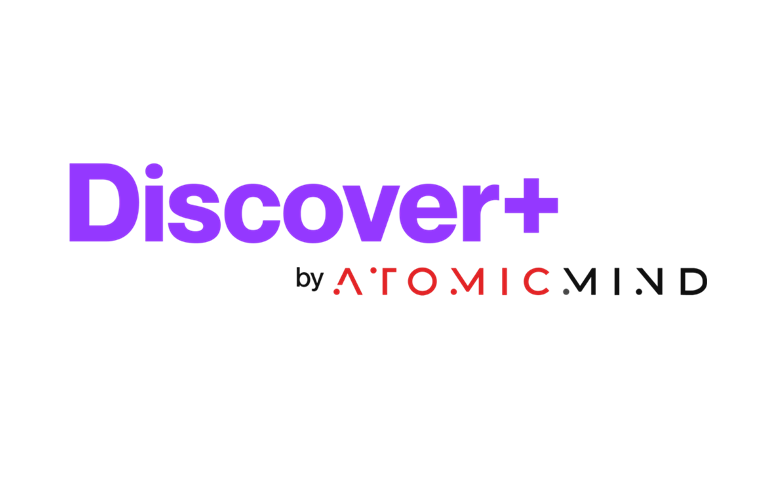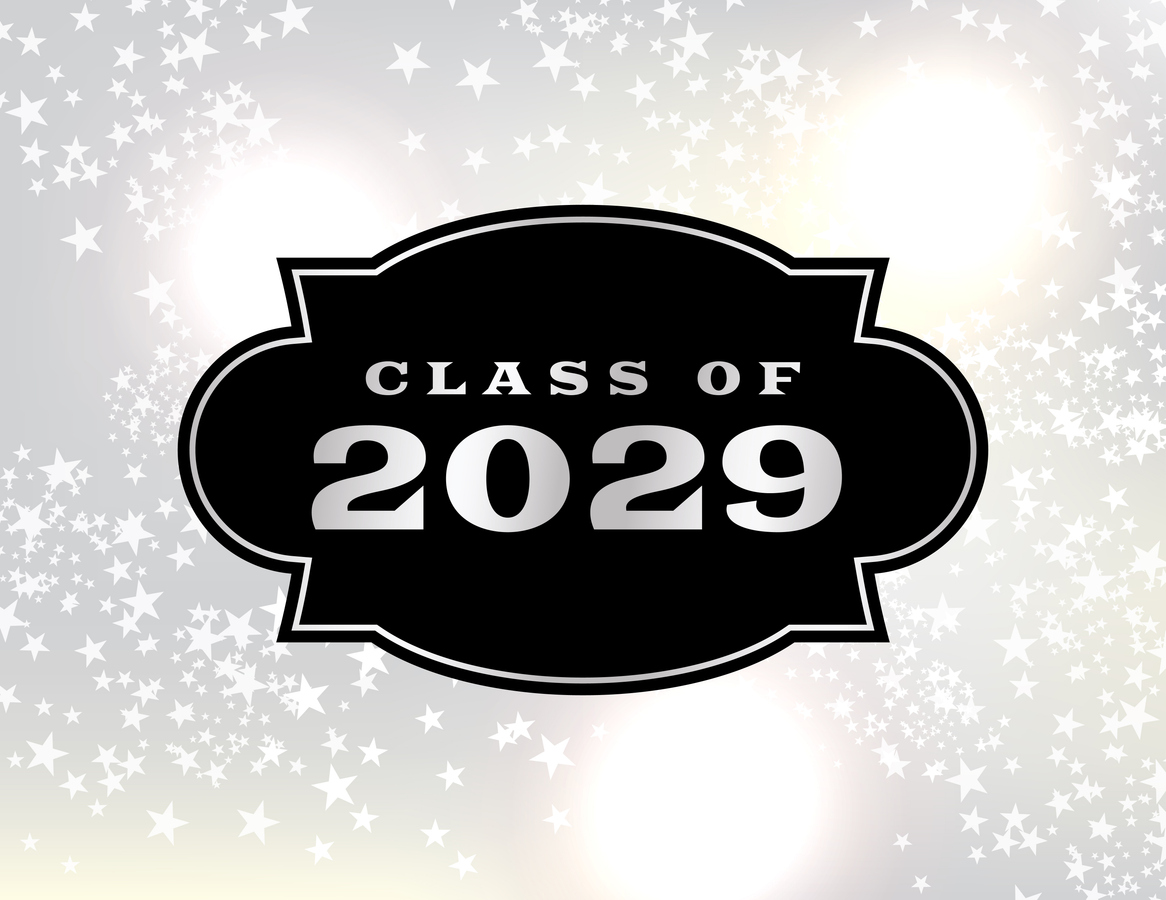
The Best Way to Spend Your September as a High School Senior
By
AtomicMind Staff
September 8, 2025
•
2
min read
Share this Article
Simply highlight text to share on social or email
By the time September hits, senior year has officially begun—and so has the college admissions marathon. Whether you’re applying to 6 schools or 26, the work you put in this month will set the tone for the rest of your application season.
We know this can be a stressful time and there is no single roadmap for students. So, what should you be doing right now? Here’s our best advice that our experts give AtomicMind students about how to make the most of September with strategy, structure, and (yes) a little sanity intact.
1. How to Finalize Your College List in September
Picking which colleges to apply to might seem like a daunting task, but it’s the first step in a proper strategy to ensure that you don’t waste your time on applications for schools that won’t be good fits. If your college list is still evolving, now is the time to lock it down, especially your Early Action (EA), Early Decision (ED), and Priority Deadlines. Start by making sure your list is balanced: reach, match, and likely schools should all be well represented.
Pro Tip:
Use data, not vibes. Research your chances based on test scores, GPA, and historical acceptance rates for your high school (if available). You can also factor in supplemental essay difficulty and your genuine excitement about each school.
And remember: if you’re applying ED or EA, you’ll need to have those applications in by November 1st or sooner. That means September is your drafting month.
2. How to Polish or Finish Your Common App Personal Statement
Hopefully, you’ve already written a draft of your Common App personal statement over the summer. If not, start immediately. This essay is your core narrative—the one that will go to every college on your list—and it needs to be your most refined piece of writing.
Even if you have a draft, take time this month to:
- Read it aloud and polish the voice (no need for SAT vocabulary words, just something that sounds like you)
- Make sure it shows introspection, not just achievements
- Eliminate repetition and unnecessary context (our recommendation is to cut all -ly adverbs, passive voice, and rhetorical questions — they tend to waste words and not be rhetorically effective in such a short essay)
- Ask: Could someone else have written this? If so, revise until the answer is no.
Your personal statement is what brings your application to life, so you need to ensure it’s sufficiently polished. By the end of September, you should have a personal statement that feels done. We know that essays are never “perfect,” but at least application-ready.
3. When to Start Writing College Supplemental Essays
The sooner you tackle your supplements, the better your fall will go. That’s because the true college application workload comes from school-specific questions, not the Common App.
We recommend grouping your supplements into essay “families” to maximize efficiency. For example, many colleges ask:
- “Why This School?”
- “Why This Major?”
- “Tell us about a community you belong to”
- “Describe an activity that’s meaningful to you”
Once you’ve drafted your first version of each “family,” you can customize and reuse content strategically across schools.
That said, there are often one-off prompts (like Stanford’s infamous: “What is the most significant challenge that society faces today?” in just 50 words) that you will have to write specifically for each school that has one. But don’t fret! If you’ve approached the more standard questions strategically, you might even enjoy writing these crazy extra essays!
AtomicMind Tip:
Start with your ED or EA schools first—those deadlines come up fast. If you’re applying to schools like Duke, Michigan, or UChicago early, their supplements are no joke. Start now to avoid late-night panic later.
4. When to Ask for Teacher Recommendation Letters
If you haven’t already, ask your teachers for letters of recommendation. The earlier the better. Teachers are often swamped by mid-September, and many have limits on how many letters they’ll write.
Once they’ve agreed, give them:
- A copy of your résumé or activity list
- Your personal statement (if you’re ready to share it)
- A brief note with any context or reminders about what you’d like them to highlight
And remember to say thank you—multiple times. A handwritten note never hurts.
5. How to Organize Your College Application Deadlines
Your Google Doc chaos needs to become a system. This month, set up a college application tracker with deadlines, requirements, test policies, and essay status for each school.
Track things like:
- EA/ED/RD deadlines
- Supplemental essay prompts (and word counts!)
- Letters of rec sent/received
- Test scores submitted
- Financial aid priority deadlines
Bonus:
Some schools (like the University of Michigan or UT Austin) are rolling admissions, meaning the sooner you submit, the better your chances. Target these apps early in the fall!
6. Should You Retake the SAT or ACT in Fall of Senior Year?
Still hoping to improve your SAT or ACT score?
The September and October test dates may be your last realistic shot before early deadlines. If you haven’t already registered, do that immediately.
And don’t forget to:
- Link your scores to the schools on your list
- Verify if your schools are test-optional or test-required
- Consider score choice and superscoring policies
Even if you’re applying to test-optional, a good score can still be a meaningful asset. Use September to decide strategically whether you should send scores or not.
7. How to Demonstrate Interest: College Visits and Virtual Tours
If you’re still unsure about any schools on your list, use September to:
- Schedule a campus visit
- Register for a virtual tour or admissions session
- Attend a local info session or college fair
Colleges track demonstrated interest, especially smaller private schools, and engaging now can make a subtle but meaningful impact.
8. What to Know About Financial Aid in September
Every senior applying to college this year should know the answers to:
- Will I be applying for need-based aid?
- Will I be submitting the FAFSA and/or CSS Profile?
- Do any of my colleges require additional forms?
The 2025–26 FAFSA opens in October, so make sure your documents are ready and you understand your family’s financial aid game plan. Some merit scholarships and aid deadlines are before the RD deadline, so don’t delay.
9. Do Senior Year Grades Still Matter?
We get it—senioritis is tempting. But first quarter grades matter, especially for early applicants. Even if your transcript is strong, a sudden dip can trigger questions at best or rejections at worst.
Admissions officers want to see sustained performance and intellectual maturity. Treat this semester as a continuation of your strongest year, not a final lap.
Final Thoughts: Why September Sets the Tone for Your College Applications
There’s no sugarcoating it: college applications take time. But September is where you set yourself up for success. Work efficiently now, and October through January becomes manageable. Procrastinate now, and you’ll find yourself drowning in stress mid-November and wasting your holidays as a puddle of anxiety when you should be enjoying them with family.
At AtomicMind, we help students break the process into bite-sized, strategic goals—so no one has to go it alone.
Need a Strategy for September (and Beyond)?
Whether you’re polishing essays, finalizing your list, or just figuring out where to start, our expert advisors can help you build a smart, personalized plan.
Reach out to AtomicMind and turn your September to-do list into a confident, successful launchpad for application season.

Share this Article



